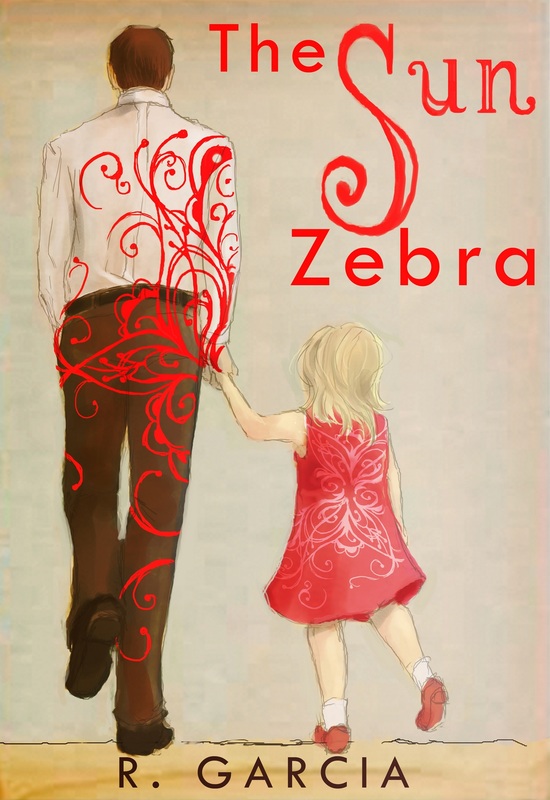In a nutshell he states that Indie authors should have their books distributed to as many retailers as possible and should therefore avoid joining Amazon’s KDP Select program because this program demands exclusivity. If they don’t, he argues that these authors will not gain access to many emerging markets where other retailers are rising in importance. His reference to Indie authors being pawns is because he thinks Amazon is using them to harm other book retailers and presumably harming (sacrificing?) the authors as well in the process.
As one of these “pawns” that Mr. Coker mentions I want to state that I don’t agree with the exclusivity requirement for belonging to KDP Select. However, leveraging an advantage against your competitors is a common sales strategy. Amazon knows that it offers the best deal for authors when royalties, publishing platform, discoverability, size of market, and other aspects are considered as a whole: something that is especially true compared to Smashwords. I considered publishing with Smashwords, but after reading what the author blogoshere had to say about them and their publishing platform called “The Meatgrinder,” I decided otherwise.
From reading author blogs I also gathered that the most common reason why authors leave other retailers and sign up their books with Amazon is because their sales with those other retailers amount to a fraction of their sales with Amazon. To this you have to add two additional features that authors gain in exchange for exclusivity in the KDP Select program.
The first is that books in the Select program get included in the Amazon Prime library where readers can borrow them, and for each borrow Amazon pays authors a certain amount of money from a pool allocated to this program. If a book is priced at $1.99 and someone borrows it, the resulting payment can be equivalent to the royalties from 3 sales. If the book is priced at $0.99 the resulting payment can be equivalent to the royalties from 6 sales. The second feature is the capacity to make a book free for a total of 5 days, which can help with promotion and boost the amount of sales once the book comes off the free period.
So is Amazon using me as a pawn? Maybe, but I don’t really care. I am not “married” to Amazon. I am on Amazon and on the Select program because in my opinion they offer me the best deal at many levels. When and if this changes I will make my move to other publishing platforms. Perhaps, as Mr. Coker says, I miss the chance to get on the bandwagon of emerging markets where other retailers are rising in importance. However, to gain entrance into a market through another retailer it is not enough to simply publish. You have to work at it and master the nuances of promotion on each retailer’s platform. The way it is now, I barely have time to keep up with everything I have to do on Amazon, and I am still making mistakes and trying to get things right.
Finally, I want to remind Mr. Coker that if a pawn reaches the eighth row it can get promoted to a knight. Right now I think my odds of achieving this with Amazon are higher than with Smashwords or other retailers.
What do you think?
***
If you like this blog you can have links to each week's posts delivered to your e-mail address. Please click here.




 RSS Feed
RSS Feed



